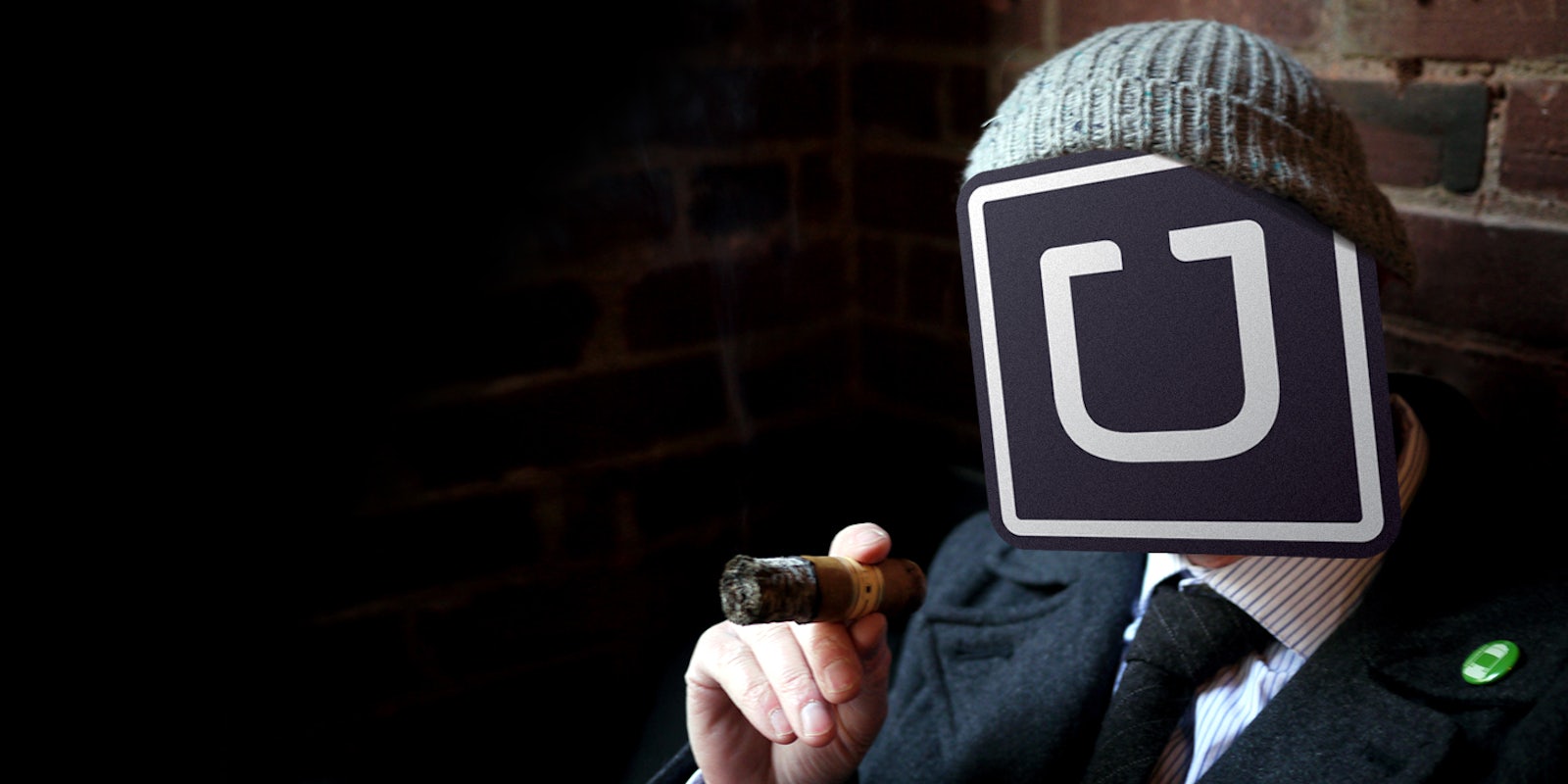Uber CEO Travis Kalanick has been indicted in South Korea for operating an illegal taxi service. Prosecutors also charged the head of MK Korea, Uber’s South Korean partner company.
South Korean authorities allege that Uber’s operations violate the country’s taxi-licensing laws. The harshest possible penalty Kalanick could face is two years of jail time and the equivalent of just over $18,000.
Uber began operating in Seoul, South Korea, in August of 2013 with its standard service for hailing towncars. The company launched UberX, which connects passengers with non-professional drivers using their own personal vehicles, one year later.
The government in Seoul keeps the supply of taxi licenses artificially low to protect the industry (in exchange, the industry accepts heavy regulations), and a license can cost over $80,000 on the black market. UberX drivers are not officially licensed.
Much of Uber’s business model, in fact, is dependent on breaking the law. Many cities around the world have laws restricting who can act as taxis, a definition that regularly excludes ridesharing services like UberX.
Uber, like its competitors, employs a strategy of expanding into a new market, openly flouting the law by picking up passengers illegally, and simultaneously using substantial political and public pressure to get the law changed. The company recently hired David Plouffe, Barack Obama’s former campaign manager, to lead its political operations.
This strategy has worked well for Uber, which was recently valued at over $40 billion. Even so, it often results in fines, pricey tickets, and impounded cars for the drivers (who aren’t even employees of the firm). Until now, no Uber executive has been personally charged in a case relating to the company’s business practices.
In a statement to Bloomberg, an Uber representative said that the company plans to cooperate with South Korean law enforcement, but it challenged the underlying premise of the indictment.
“We firmly believe that our service, which connects drivers and riders via an application, is not only legal in Korea, but that it is being welcomed and supported by consumers,” the statement read.
South Korea’s Yonhap News Agency reports that taxi drivers in Seoul have increasingly been pressuring law enforcement to crack down on Uber, arguing that the transportation service is encroaching on their business.
Even before UberX launched in South Korea, the country’s Ministry of Land, Infrastructure, and Transport ordered Seoul authorities to crack down on the service. In some cases, officers pretended to be passengers in sting operations to catch illegally operating drivers. The Ministry even offered monetary rewards to people who snitched on UberX drivers.
Uber has been under fire around the world for its cavalier attitude toward both the law and, in some cases, common decency.
The Taiwanese government recently hit Uber with a series of fines for not registering as a transportation company. After an Uber driver allegedly raped a female passenger in Delhi, India, the company was prohibited from operating in the city. When an armed gunman took hostages in a Sydney, Australia cafe, Uber increased rates through surge pricing in the area and then defended the move in an official tweet, drawing fierce criticism for exploiting a tragedy for financial gain. An Uber executive suggested using location data from its app to dig up dirt on a prominent female tech journalist who had been critical of the company’s business practices. Uber employees used burner cell phones to order and then cancel tens of thousands of rides from its competitor Lyft.
This seemingly never-ending string of scandals led prominent tech venture capitalist Peter Thiel to call Uber “the most ethically challenged company in Silicon Valley.”
For its part, Kalanick insists the company is simply misunderstood.
“When people start to perceive you as the big guy, you’re not allowed to be scrappy [and] fierce,” Kalanick told an audience at the TechCrunch Disrupt conference earlier this year.
Photo by 5chw4r7z (CC BY SA 2.0) | Remix by Jason Reed


